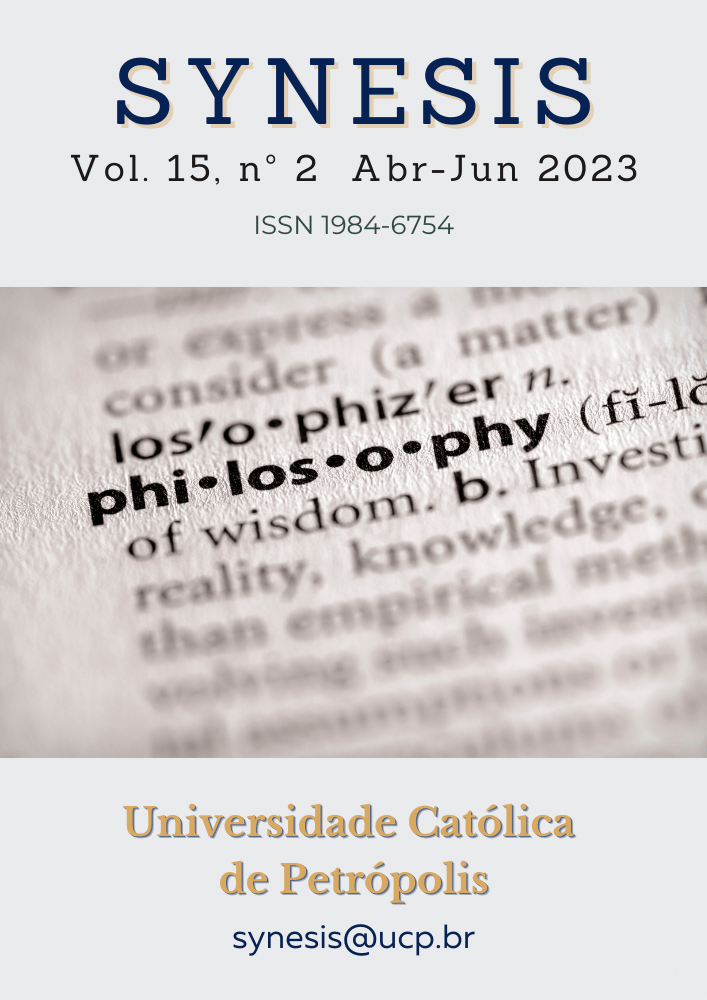Resumo
O presente estudo visa examinar como as práticas e a vida cotidiana do Profeta Muhammad representam um modelo educacional e pedagógico. Também visa determinar os métodos educacionais e pedagógicos seguidos pelo Profeta Muhammad e como eles poderiam ser usados para lidar com diferentes questões educacionais e pedagógicas controversas. Para atingir este fim, o estudo adota uma abordagem qualitativa que se baseia fortemente em um modelo analítico e explicativo através do qual exemplos pedagógicos e educacionais retirados da vida do Profeta foram criticamente explicados e analisados, indicando sua inovação e criatividade e como eles podem ser usados na vida moderna educação e pedagogia. O estudo chegou a um conjunto de conclusões, das quais a mais notável é que as práticas educativas e pedagógicas do profeta podem ser integradas nas modernas teorias educativas e pedagógicas. Além disso, podem ser usados como meio para reformar os comportamentos das comunidades.
Referências
Al-khushn, H.(2020). The Dimensions of the Prophet’s Character. Mu’asast Al-intishar Al-arbi Publishing House, Cairo.
Abaza, N. (2013). The Personality of the Prophet. Syria, Dar Alfikr.
Al-turmazi, A. (1975). Al-sunan. Mustfa AAl-halbi Publishing House, Egypt.
Al-Hakim, A.(1990). Hadith Collections. Dar Al-qutab Al-ilmiyah Publishing House, Beirut.
Al-tabarni, E. (1995). Al-awast Dictionary. Dar Al-harmain Publishing House, Cairo
Al-tabarni, E.(1995). Al-kabir Dictionary. Ibn Taymmyiah Publishing House, Cairo.
Arlinghaus, K. R., & Johnston, C. A. (2018). Advocating for behavior change with education. American journal of lifestyle medicine, 12(2), 113-116.
Contant, C. K. (1991). Communicating to effect behavioral change: A framework for public education programs. Journal of Planning Education and Research, 10(2), 89-97.
Hanbal, A. (2002). AL-musnad. Dar Al-hadith, Beirut.
Ibn Al-qaym, A. (1994). Dhad Al-miad. Al-rislah Publishing House, Beirut.
Ibn Majah, A. (2009). Al-sunan. Al-rislah Publishing House, Beirut.
Ibn Hisham, E. (1955). The Biography of the Prophet. Mustfa Al-halbi Publishing House, Egypt.
Abu Dawood, A. (2009). Al-sunan. Dar. Al-risalah Al-Almyiah Publishing House, Beirut.
Abu Yali, A. (1984). Al-musnad. Dar Al-mamoun Publishing House, Damascus.
Al-bukhari. (1975). Sahih Al-bukhari. Tuk Al-najat
Moslom. B. (1995). Sahih Moslem. Dar. Ihyaa Al-turath Al-Arabi Publishing House, Beirut.
Shantawi, D, Y. (2010). The Impact of the Prophet’s Sunnha upon the Building of the Islamic Personality, Sciences of Sharia and Law Journal, 37(1), 18-95
Weigle, K. L. (1997). Positive behavior support as a model for promoting educational inclusion. Journal of the Association for Persons with Severe Handicaps, 22(1), 36-48.

Este trabalho está licenciado sob uma licença Creative Commons Attribution-NonCommercial-NoDerivatives 4.0 International License.
Copyright (c) 2023 Synesis (ISSN 1984-6754)
